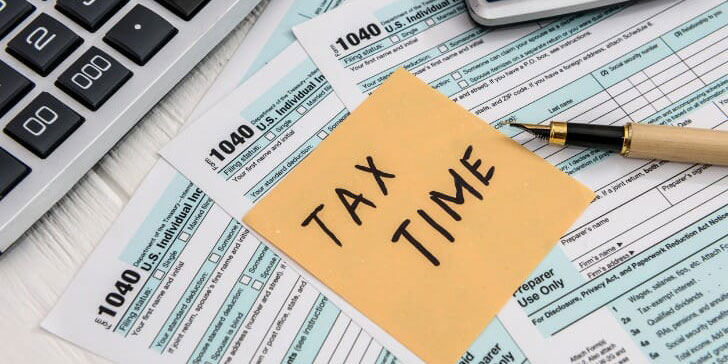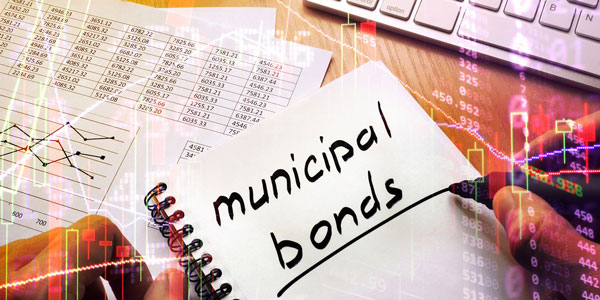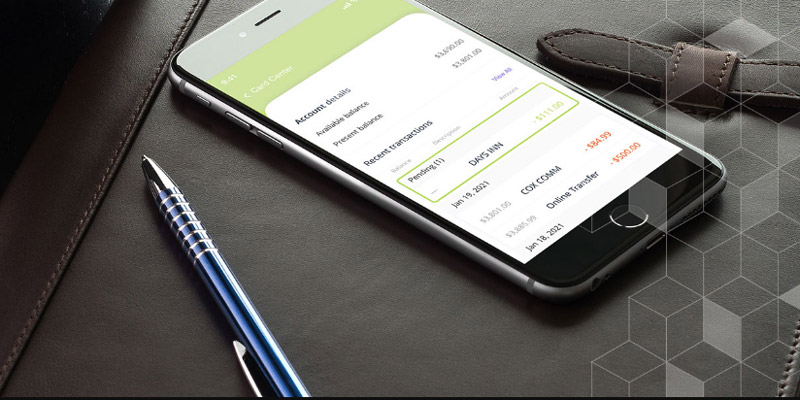A bank may hold a customer's account if questionable activity is discovered. When an account is placed on hold, it might last anywhere from a few days to a few weeks. The term "account freeze" can also refer to a "hold" on your account.
These are some of the most important things to remember. Account hold is a restriction imposed by a bank or brokerage firm on an account's access. Restrictions on the use of an account are imposed when it is held by someone else.
An account hold may be imposed by court order, for example, or by the bank's judgment. A hold may be placed on an account if the owner has unpaid debts to creditors or the government or if suspicious activity has been discovered in the account.
Here is all you need to know about account hold notifications
Your account may be placed on pause for a variety of reasons. If you deposit a large sum of money, an out-of-state or foreign check, your account may be put on hold. The consumer must wait for the check to clear the bank before receiving the money. On the other hand, new accounts often require a complete initial deposit to be placed on hold. The loan would be put on hold as collateral if money was offered as a form of security.
In addition to court orders, tax authorities at the federal and state levels may be required to implement a stay. To investigate suspicious activity in an account, the bank can temporarily bar access to money. Customers who report an incident of identity theft will have their accounts locked down by their financial institution. One sign of a compromised account is a sudden and significant withdrawal or transfer to an account in another country.
Similarly, the accounts may be suspended if the owner passes away without appointing a successor or administrator. Accounts may be frozen if a person is found guilty of committing a crime.
Extra caution is required. 
Banks are obligated by law to advise their customers of their policies on the availability of funds. The customer must first pay the tax authorities to lift an account holder. As a result, consumers who use their bank accounts as collateral for loans must either repay the debt or remove their bank accounts as collateral before they may recover access to their money.
When a hold occurs, the time it lasts depends on its reason. If you have a significant or unusual source check, you may be subject to a hold on your account for up to a day. In contrast, a check drawn on the US Treasury would clear the same day as an overseas check. Regulated by the Federal Reserve Board, EFAA deals with banks' inability to obtain funds quickly.
If you want to see how good you are at trading stocks, try our FREE Stock Simulator. Go head-to-head with hundreds of Investopedia's best traders and climb the leaderboards! Practice trading in a simulated environment before risking your own money. You should train your trading strategies to be ready to enter the market when the time comes.
What are the factors that contribute to a hold?
Whenever you purchase with a credit card, the amount you owe goes up immediately. You'll have to wait for your financial institution to get the funds from the issuing bank if they haven't already been transferred to your account.
It is common practice for banks to place holds on your account until the monies have cleared. They can prevent cheques from being returned as unpaid or fraudulent if they execute their job correctly. When a deposit goes awry, it protects them from losses and helps you avoid financial issues.
Is it possible to hold on to hold for a long time?
Deposits made in person into a traditional checking account, as opposed to those done electronically, are rarely delayed and can be utilized immediately. Deposits other than cash are more likely to be kept. Depending on the institution, it might take anywhere from two to five business days.
The federal government mandates a one-business-day turnaround time for several types of checks. Examples include government checks, Federal Reserve bank checks, and USPS money orders. This restriction does not apply to checks submitted within the same financial institution or checks for less than $200.
Tips on how to avoid having your account locked 
It might be inconvenient to have your bank account blocked. It is possible to lessen the likelihood that your bank or credit card provider may put a hold on your deposits. If you receive a large sum of money, you may utilize a wire transfer, cashier's check, or USPS money order as a deposit method.



